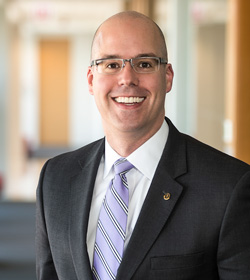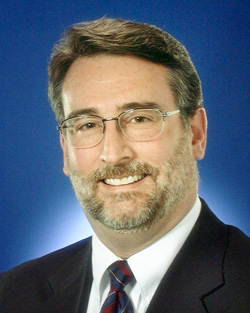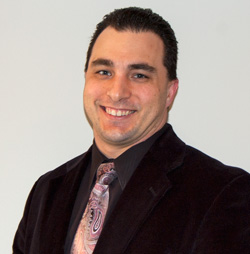Kentucky’s Steven Stack, MD, has become the first emergency physician to serve as AMA president and is also the organization’s youngest president in 160 years. A nationally recognized expert in health information technology, Dr. Stack addressed meeting attendees about health system changes and challenges.
 |
Steven Stack, MD
AMA President |
“Above all, it takes a team,” Dr. Stack said. “Each one of us has a role to play. Each one of us contributes something the other cannot. The same can be said of health care in this country. When it comes to something as important as shaping a better, healthier future, it will take every single one of us.”
This 2015 AMA Annual Meeting capped a very successful year for doctors across the nation. “Our greatest success of the last decade, repeal of the SGR, was celebrated and deserves top billing,” said Stephen Tharp, MD, ISMA past president and chair of the Indiana AMA Delegation. “Nonetheless, we did not let our success defer our attention to the serious issues still facing medicine in the immediate future.”
Important actions for Indiana physicians included a new policy that asks the American Board of Medical Specialties to develop “fiduciary standards” for its member boards, urging full transparency related to the costs of preparing, administering, scoring and reporting Maintenance of Certification (MOC) exams. The policy seeks to ensure MOC “doesn’t lead to unintentional economic hardships” for physicians.
 |
Stephen Tharp, MD
Indiana AMA Delegation chair |
Dr. Tharp noted, “It seems lately we’ve heard reports of increasingly arbitrary and costly requirements to remain board certified with very little true value to the care of patients.”
With less than four months remaining before implementation of ICD-10, AMA delegates agreed to seek a two-year grace period to eschew financial penalties and facilitate a smoother transition.
Noting 44,000 total drug overdose deaths in 2013, AMA delegates underscored their commitment to reverse this epidemic. Among policies adopted were ones calling for increased reliance on prescribing data, more robust education and adequate coverage for addiction treatment.
Delegates also passed policy to address insufficient funding for graduate medical education (GME) ahead of a predicted shortage of 46,000-90,000 physicians. Every year an increasing number of fully qualified medical school graduates are unable to continue their education through residency training.
Indiana is ahead of the curve with recently passed state legislation, HB 1323, establishing the Medical Residency Education Fund to finance new residency program slots at licensed Indiana hospitals.
 |
Kilby Osborn, AMA
Medical Student Section (MSS)
Governing Council |
Fourth-year IU School of Medicine student Kilby Osborn, AMA Medical Student Section (MSS) Governing Council, said, “The discussions of GME came to two very distinct conclusions: First, residents should not be financially responsible for their residency. With the cost of medical school and student debt increasing exponentially, this would be an undue burden and have a significant deleterious effect. Second, alternative funding mechanisms for GME must be explored. That is why the AMA, with help from the MSS and other entities within the organization, will conduct an extensive study into this topic.”
Dr. Tharp concluded, “Each issue is important in its own way and is brought to our attention by delegations like ours from Indiana that present your concerns at the national forum. I look forward to this year’s ISMA Annual Convention where each of you will tell our delegation what is really important to medicine and the health of our nation.”